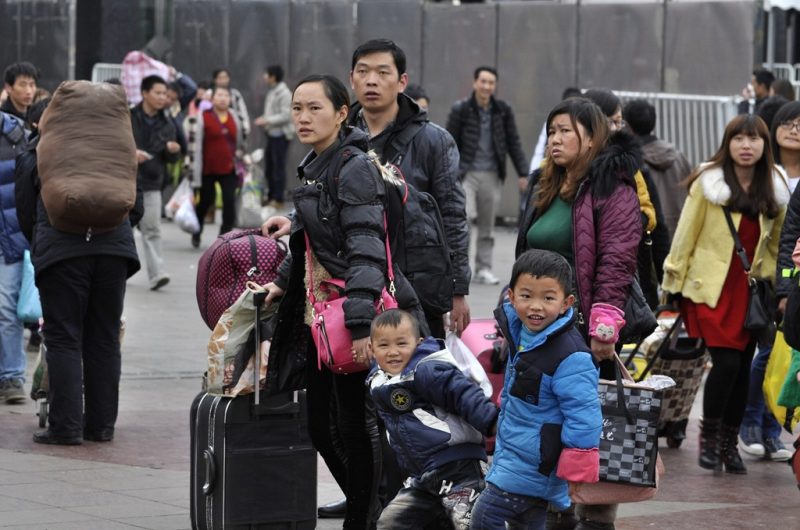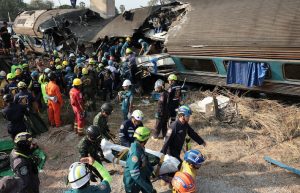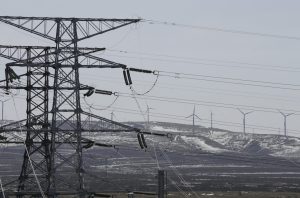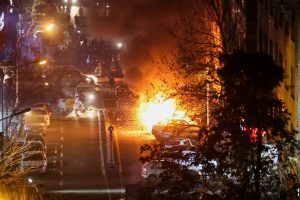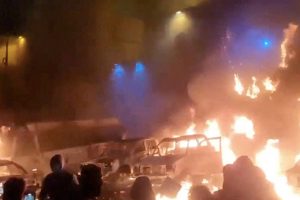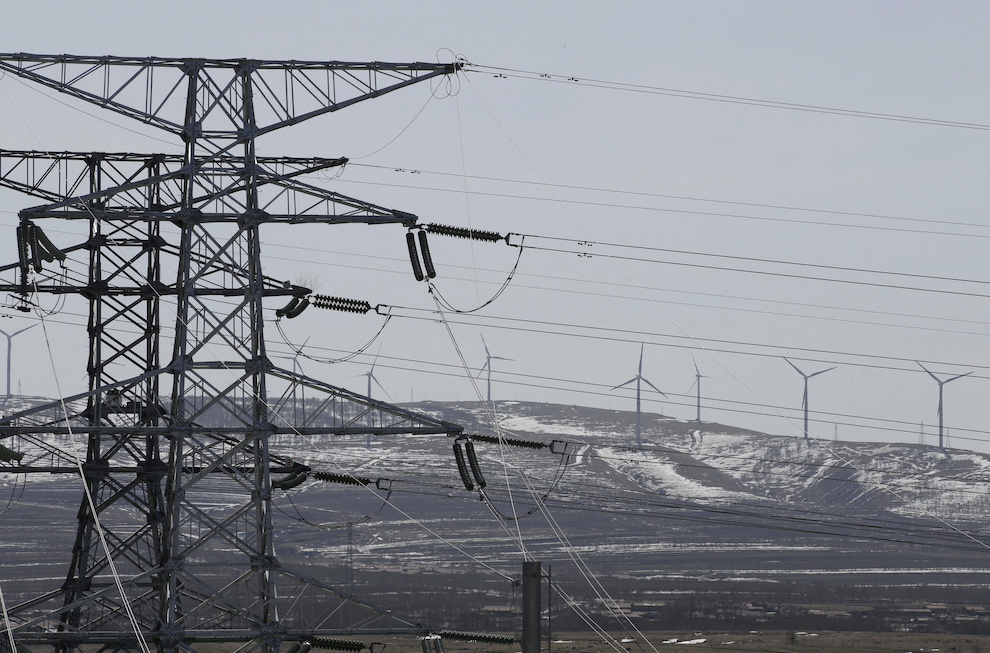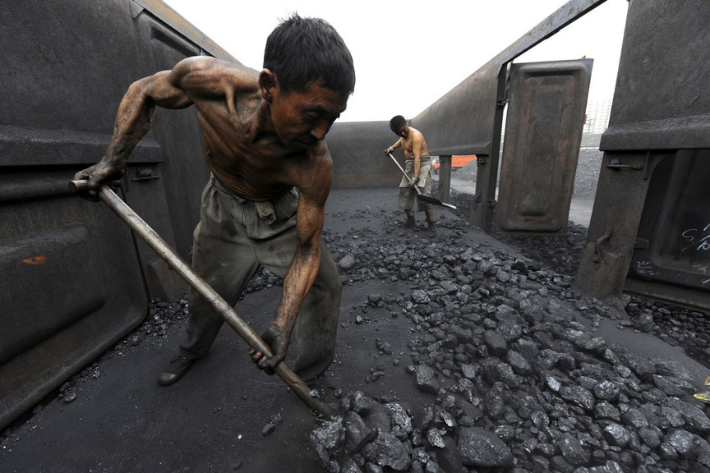(ATF) In recent months, as in years prior to the coronavirus epidemic, China has been cutting back its Hukou system. The all important Hukou is a document assigned to each individual where they hail from in China, and where they should live. But in the recent era of mass construction and headlong economic growth, hundreds of millions left their original Hukou area and became migrant workers.
A hukou is separate from a citizen’s ID card, it gives residents rights – to education, medical care and other benefits for those with an urban Hukou. Rural people get much less state provision. The Hukou is basically China’s class system: cadres, then workers, urban dwellers, then rural denizens.
But as the country has needed a mobile workforce to fill the construction needs of major cities and the manufacturing needs as a factory for the world, rules were somewhat relaxed or not enforced. Generations of migrant workers built themselves large areas of shanty villages, even building their own schools, restaurants and amenities. But as most major construction work finished those without a hukou for where they lived, even pre- Covid-19 were being pushed back forcibly to their places of birth. Huge clear-outs of temporary structures have occurred in all major cities.
These migrant populations are meant to settle back in the countryside or start to live in fourth tier areas other than urban areas being developed across China under new infrastructure plans.
Technocratic new order
The Hukou is the registration of an individual in the system – kou literally means “mouth”, which originates from the practise of regarding family members as “mouths to feed”, similar to the phrase “per head” in English. With the chaos caused by the coronavirus, lockdowns and perhaps the threat of looming food shortages, the Chinese government wants all its ducks in a row. The chaotic ‘Wild East’ of former economic boom times is being replaced by a technocratic new order. Farmers should sell via the internet, while city dwellers should work at the core of industry 4.0 and help advance the smart infrastructure web that China is building itself.
But such mass movement cannot exist without economic drive, as well as personal pain. Freedom of movement and movement of households has been addressed in 2020 by some legislation, but monitoring and controlling the movement of 1.4 billion people is no easy task for the CCP.
Huinong, a website devoted to literally ‘Return to the countryside’ says rural friends have developed very well in the cities. Not only did they have a stable jobs in the city, but they also bought a car, bought a house, married a wife and had children and settled down. In this case, their rural friends’ Hukou registration should follow. It must be moved to the city. However, a large number of people who have moved from a household registered in a rural area to the city also want to shift their household registration back to the country – either because of work, school, or other factors. But they struggle to get a new Hukou. The effect is so profound, it is even effecting house prices in urban areas.
The village committee
According to ‘relevant departments,’ many college graduates who cannot find a job after graduation and want to relocate to their hometown must obtain the consent of the local village committee. One thing everyone needs to notice here is that, whether you are an ordinary person or a college student, if you want to move your household registration back to the countryside, you need to get the approval of the local village committee.
But of course most college graduates want to remain in the city – if they can find a job on graduation they get a new hukou for the mostly urban university elite. That conflicted with a bid recently by the President, who directed graduates to return to home areas so that rural and semi-rural areas can avoid a “brain drain”.
In 2020, conditions hindering the transfer of household registration were published – because much rural land has been built over and in some areas there is nowhere for people to move back to. However, the majority of rural Hukou holders have some sort of land.
One home only
But what if a person with a rural Hukou registration marries a person with an urban Hukou? Many different situations have arisen, with such couples marrying and buying a house, divorcing, remarrying and buying a second property. Nanjing has just banned this practice. Its officials say people must only have one house per household, or they have to pay extra fees.
With the coronavirus, the track and trace element preferred by the government means they need a less dense, less mobile population, so they can keep tabs on people more easily.
Rural towns are being renamed “cities” to sweeten the deal. For instance, Maitreya town, in Honghe Prefecture in Yunnan was renamed “Red River Future City”. Once a sleepy town of natural spring waters and agriculture, it now sounds more high tech to attract graduates and others back.
As China rushes headlong into to its new master infrastructure plan, the Hukou system will likely need a shake-up too.




